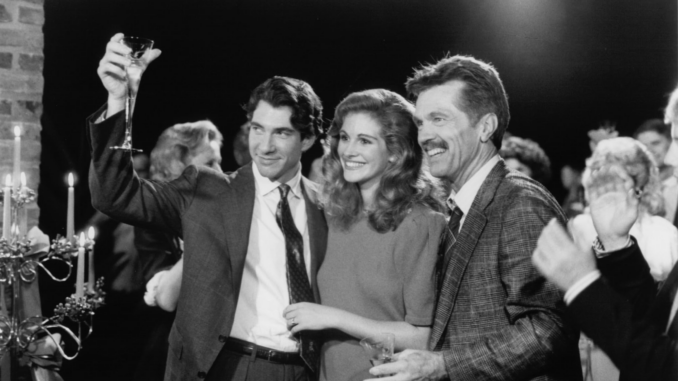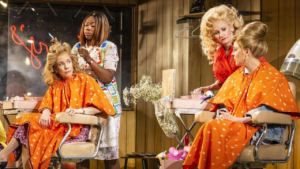
When two people stand before their family and friends on their wedding day, they make a promise—an oath that will guide them through life’s inevitable highs and lows. These promises are more than just words; they are a blueprint for the journey they are about to embark on together. Wedding vows, at their core, symbolize sacrifice, commitment, and the beauty of love. They encapsulate the delicate balance between sacrifice and joy that is essential to any successful marriage.
In this article, we’ll explore how wedding vows change everything for the couple, shaping their understanding of love and life. We’ll dive into how these vows represent not just a celebration of love but also the promise of sacrifices and the anticipation of joy. From “for better or worse” to “in sickness and health,” wedding vows teach us that true love isn’t just about moments of bliss but also about enduring life’s struggles together.
Why Wedding Vows Matter: The Power of Promises
Wedding vows are more than poetic lines or beautifully written scripts—they are powerful promises that bind two people together. Whether traditional or personalized, the act of exchanging vows represents the deep commitment both individuals are making to one another. It is a moment when love is both spoken and promised, and it marks the beginning of a shared journey, full of trials and triumphs.
These vows are intended to reflect the couple’s values, beliefs, and the strength of their commitment. From the very first “I do” to the final words spoken during the ceremony, wedding vows are a sacred pact, a verbal contract that transcends the fleeting emotions of the day. They stand as a reminder that love, though beautiful, requires hard work, sacrifice, and, yes, even hardship.

Sacrifice in Wedding Vows: The Unseen Strength of Commitment
The idea of sacrifice in wedding vows is often overlooked, yet it plays a crucial role in the strength of a marriage. To truly commit to a lifetime together, both partners must acknowledge that sacrifices will be necessary along the way. This could be giving up personal ambitions for the sake of a shared goal, compromising on difficult decisions, or making the hard choice to put your partner’s needs before your own.
When couples say “for better or worse,” they are not simply speaking about the good times—they are acknowledging that life’s challenges will come, and they are willing to face them hand in hand. Whether it’s financial struggles, health issues, or personal losses, the vow to stick together through thick and thin is rooted in sacrifice. Sacrifice in marriage is not just about giving something up; it’s about giving in love, with the understanding that it will lead to a stronger, more resilient partnership.
Joy in Wedding Vows: Celebrating Love’s Triumph
While sacrifice is a necessary element, joy is what makes the sacrifice worthwhile. The vows exchanged during a wedding also celebrate the happiness, unity, and dreams shared between two people. “For richer or poorer” speaks not just to the potential struggles, but to the shared joy of building a life together, regardless of material wealth. “In sickness and health” recognizes that there will be moments of difficulty, but it also celebrates the joy of caring for each other through it all.
Weddings are a celebration of the joy that love brings. The vows act as a contract, not just for enduring pain and hardship, but also for creating joy together. These promises are a recognition that while marriage requires sacrifice, it is the shared moments of joy—be it in laughter, companionship, or love—that give meaning to the sacrifices made.
The Role of Vulnerability: How Wedding Vows Strengthen Emotional Intimacy
At the heart of wedding vows lies a deep vulnerability—an openness to both the unknown and the known. When couples make their vows, they are not only committing to each other’s happiness but also to being there in times of uncertainty. Marriage requires the willingness to be vulnerable with your partner, to open up your heart without the guarantee of always being understood.
By expressing vulnerability through wedding vows, couples acknowledge the inevitable challenges they will face. But vulnerability also fosters emotional intimacy, strengthening the emotional connection between partners. The willingness to share fears, hopes, and dreams—both before and after the wedding—builds a foundation of trust that can weather the toughest storms.
